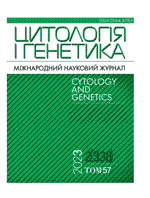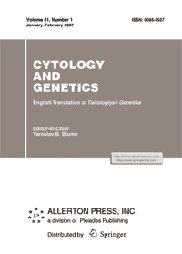SUMMARY. To produce transgenic plants in current biotechnology, selectable marker genes are used that lead to the selectivity of transformants from non-transformed organisms. However, after the transgenic event has been occurred, the presence of these genes in transformed genome in general is uselless. Moreover, the continued presence of this kind of genes in transgenic plants with their further commercialization may raise certain public concern. Therefore, various techniques have been developed in recent years to obtain marker free transgenic plants. In the present review the main strategies for removal of selective marker DNA sequences that are used in genetic engineering are described. The most popular among them is site-specific recombination technology. The particular attention is paid to site-specific recombinase system Cre/loxP. The using of a new approach with site-specific recombinase system Cre/loxP under the control of 35S promoter to generate marker-free genetically modified plants is described.
Keywords: selectable marker genes, excision of the marker sequences, site-specific recombination system

